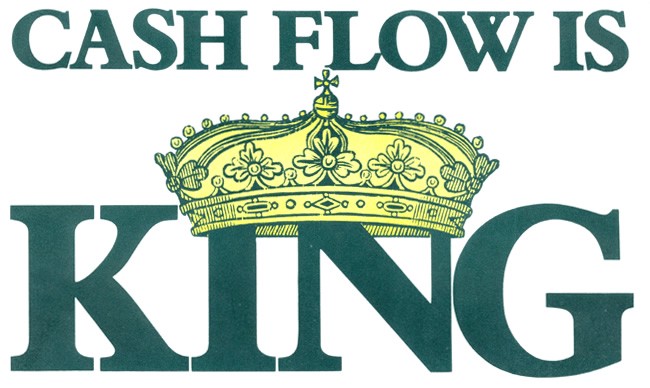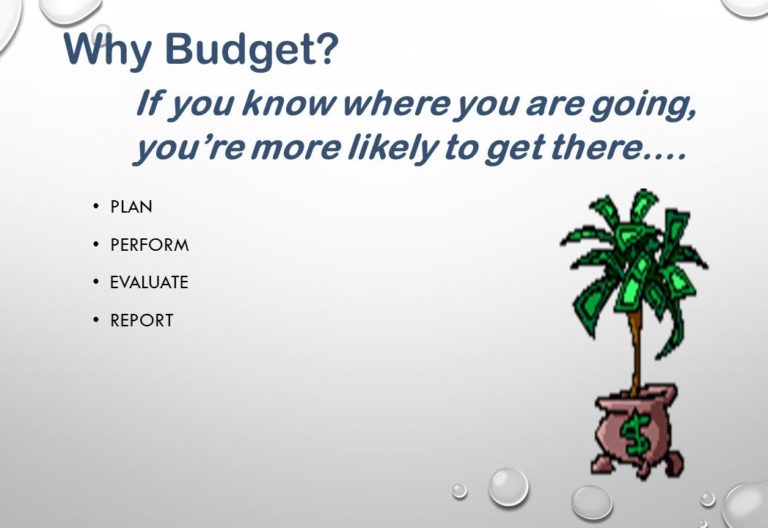For all organizations be it multinationals, small and medium-sized enterprises, or not-for-profits, money is needed in order to be sustainable, and achieve their vision and objectives. Business owners are looking out for dividends and capital appreciation hence, the need to declare more profits.
Profits are good and much preferable to losses however, it drives most business operators or managers into taking certain decisions that may have adverse effects in the long-term. It is not surprising that some businesses record or declare profits with little or no cash to pay dividends, taxes and even wages and salaries. It must be understood that, although profits are necessary, cash is the live blood of every business.
How is cash different from profit? Profit is the surplus remaining after deducting the total cost (direct and indirect costs) from the total revenue of a business. For accounting purposes, revenue or sales are recorded when earned and not only when cash is received. This means that, total sales can be all cash, partly cash and credit and wholly credit depending on your payment terms.
Credit sales deny the business the necessary cash needed to meet certain operating requirements.
How can a business judiciously appropriate or apportion its cash? Cash outflows must bring in inflows. Judicious application of business funds can in a large extent affect the survival of a business. Deciding on whether to lease or buy an office space, hire or buy equipment, employ staff on contract basis or permanently, using short term funds to acquire non- current assets, among others, must be critically assessed.
Employees are happy when they are paid on time and all their employment benefits are all forthcoming. Trade creditors will only find your business creditworthy if you don’t default in the repayment of debts. Going in for a bank credit facility will be a last resort. All these can be attained if the business manages its cash very well. Negotiating for longer repayments from creditors and giving short debtors repayment period, providing discounts to encourage prompt payments, making provisions for debtors who will default and managing inventory levels are some strategies that can help retain cash in the business always while achieving profit targets.
If you are interested in getting an expert to support you and your business with cash flow management, then talk to us via email ([email protected]) or call us on +233303974832.
cash flowcash projectionsfinance





Leave a Reply